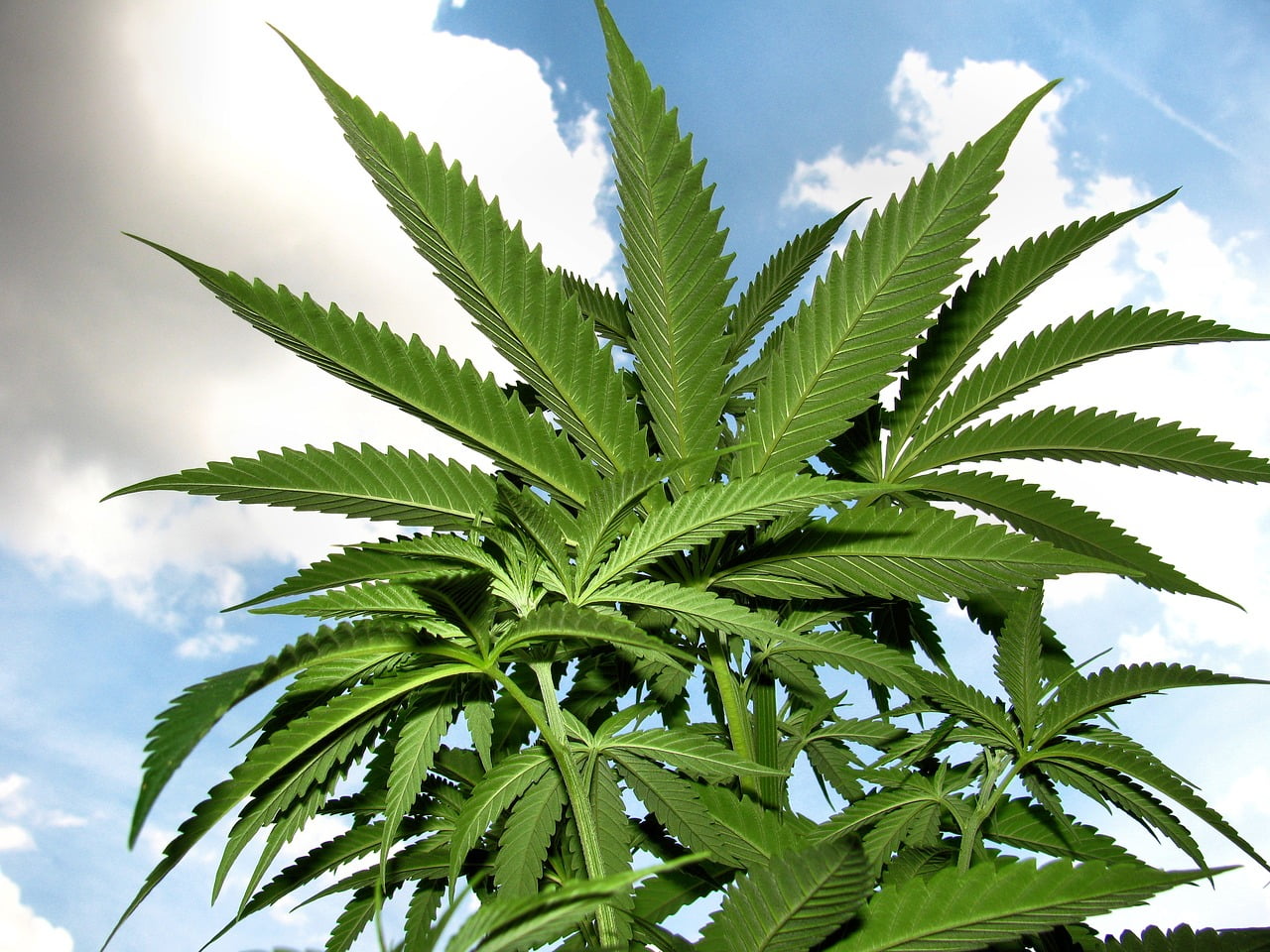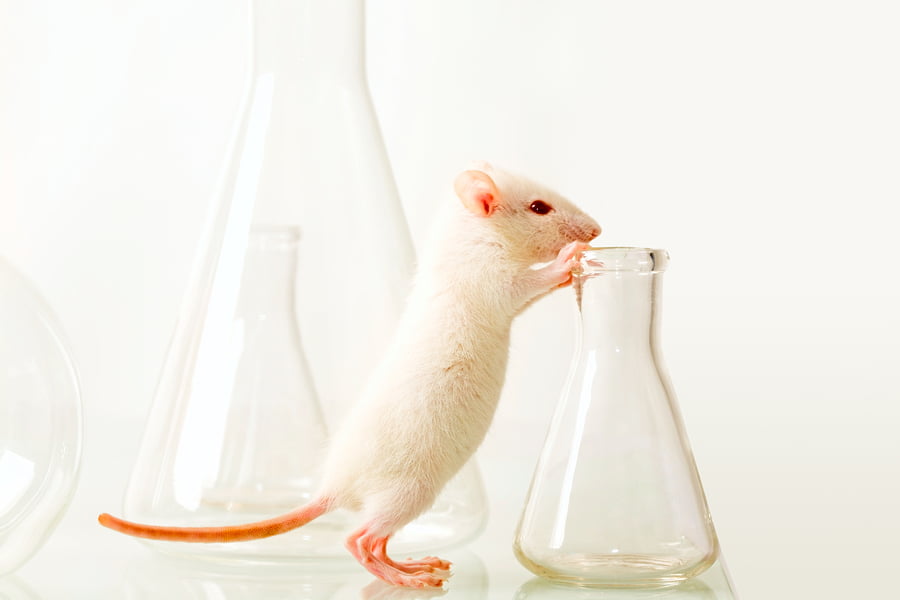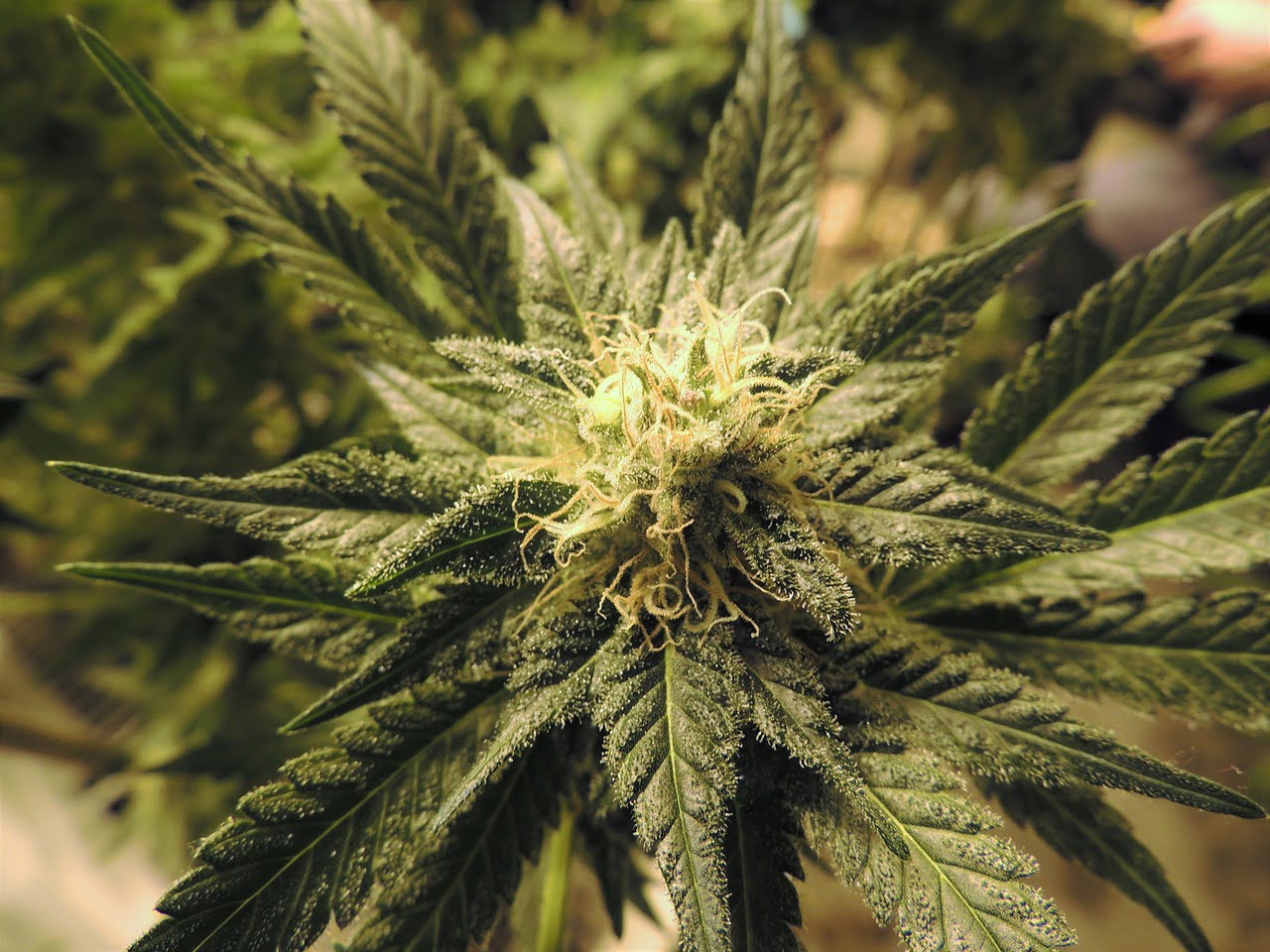This article was first published by The Times of Israel and was re-posted with permission.
Our body’s cannabinoid receptor system may play a part in protecting our nervous system following trauma, Israeli researchers believe.
A team at the Hebrew University of Jerusalem has found that rats and mice subjected to traumatic brain injury (TBI) showed significantly better recovery when treated with cannabinoid compounds, possibly opening the way for clinical trials in the near future.
Cannabinoids are chemical compounds, either derived from cannabis or manufactured, that act on specific cannabinoid receptors in our body’s cells. The most well-known is tetrahydrocannabinol, or THC, marijuana’s main psychoactive compound. The endocannabinoid system, our body’s natural cannabinoid receptors, is found in the brain and most organs of the body, and is believed to be a part of the neuroprotective mechanism in mammals, said Prof. Esther Shohami of the Hebrew University of Jerusalem.
When an external event like stroke or trauma occurs, the body responds by producing these molecules that should protect the brain, Shohami said. In previous studies, the researchers looked at the endocannabinoid 2-AG in mice following a traumatic brain injury. 2-AG is produced by the body naturally, but in relatively low amounts that are not enough to effectively protect the brain.
The researchers noticed that 2-AG levels were significantly higher following trauma, although they weren’t sure why. “A high level doesn’t mean anything, what matters is what it’s there for,” Shohami said.
SEE ALSO: Turning High-Tech Into ‘High’ Tech: Behind Israel’s Blooming Medical Cannabis Industry
Sign up for our free weekly newsletter
SubscribeThey administered additional plant-derived 2-AG to mice following a brain injury, and found that the compound helped the mice recover. “It is administered by the brain but it’s not enough to protect the brain, so we had to augment,” Shohami said. “The brain creates protection; we wanted to mimic what the brain does, and we wanted to do it better.”
SEE ALSO: Study: Cannabis May Relieve Parkinson’s Related Pain
The mice only received a single dose, but showed positive effects up to three months after the injury. 2-AG’s main effect is as an anti-inflammatory compound, Shohami said.
“The outcome of trauma was better, the motor function, the cognitive function,” Shohami said. “All the parameters we looked at as part of the damage were affected by the 2-AG, and were better than the untreated mice.”
To read the full article, click here.
Photos: Unsplash, Pixabay
Related posts

Israeli Medical Technologies That Could Change The World

Harnessing Our Own Bodies For Side Effect-Free Weight Loss

Missing Protein Could Unlock Treatment For Aggressive Lung Cancer







Facebook comments